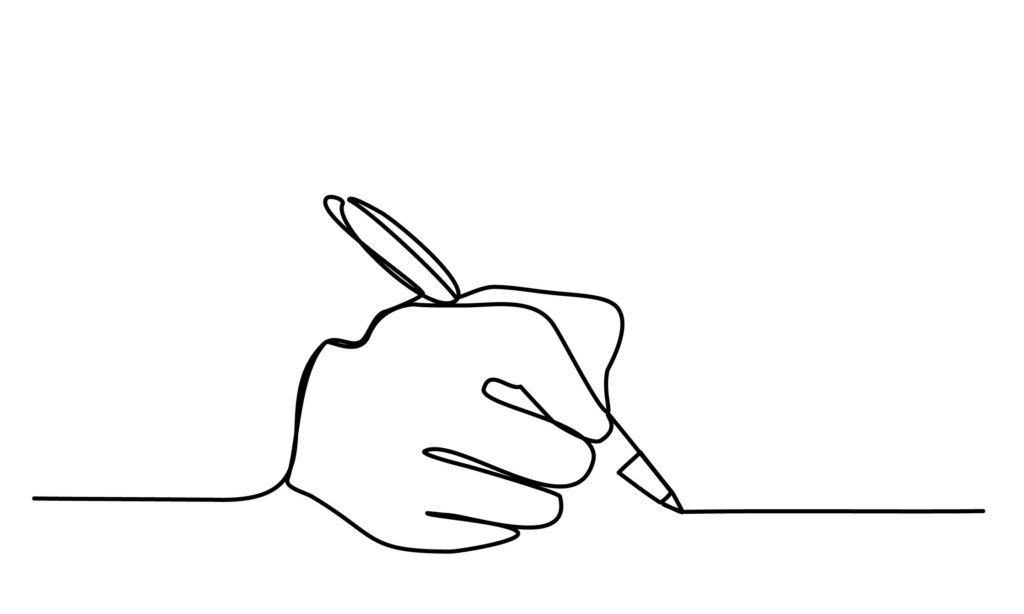A pair of antibody-based biotech deals emerged late this week, encompassing separate licensing pacts from China’s Hansoh Pharma and California-based Rani Therapeutics, which together represent billions in potential future payouts.
First up, the Hansoh accord: On Friday, the company announced (PDF) on the Hong Kong Stock Exchange that it struck a deal with Roche—worth up to $1.45 billion biobucks—to grant the Swiss drugmaker a global license to develop, manufacture and sell its experimental CDH17-targeted antibody-drug conjugate (ADC), dubbed HS-20110.
The agreement excludes rights to the ADC asset in mainland China, Hong Kong, Macau and Taiwan, according to Hansoh’s filing. As part of the deal, Roche will hand Hansoh $80 million upfront, with up to $1.45 billion in milestone and royalty payments also on the line.
Hansoh’s ADC candidate is being developed to treat colorectal cancer and other solid tumors and is currently in phase 1 testing in China and the U.S.
Roche is no stranger to the colorectal cancer space, having won a nod in that indication for its IgG1 antibody Avastin (bevacizumab) back in 2004.
“There are features that I think Hansoh has done with this molecule that made it very attractive for us,” Charlie Fuchs, M.D., Roche’s global head of oncology and hematology drug development, told Fierce Biotech on Friday. “I think we went through a number of efforts to validate the technology and the molecule itself, and we’re really pleased to have it now in our portfolio.”
Related
The Roche tie-up is the latest in a string of high-profile—and often lucrative—licensing pacts drafted by Hansoh. In more recent months, several of those deals have focused on GLP-1s for obesity, as in the case of the $2 billion agreement between Hansoh and Regeneron that was announced in June.
On the ADC front specifically, Hansoh itself secured a license to use Biotheus’ anti-EGFR/cMet bispecific antibody in its development of ADCs last March. That deal puts Biotheus in the running to receive 5 billion Chinese yuan (at the time worth around $690 million) in combined upfront and success-based milestone payments, plus tiered royalties on sales of any potential ADCs Hansoh successfully commercializes.
Rani cuts in
Apart from Hansoh, Rani Therapeutics also got in on the licensing action this week, teaming up with Japanese drugmaker Chugai Pharmaceutical in a deal that could net the San Jose biotech a total of nearly $1.09 billion.
In an interesting coincidence, Roche is the primary shareholder in Tokyo-based Chugai.
The collaboration and licensing deal will see Rani wed its oral delivery technology, dubbed the RaniPill, with an experimental Chugai rare disease antibody, according to an Oct. 17 press release.
Rani pitches its delivery tech as a robotic pill for biologics that moves fully intact through the stomach—where acids typically break down drugs—before reaching the intestine. There, the RaniPill is designed to deliver a therapeutic payload through a painless transenteric injection, according to the biotech’s website.
Breaking down the agreement, Rani will receive $10 million upfront to provide access to its pill technology, with the potential to snare up to $75 million in success-based tech transfer and development milestones down the line. The deal also covers up to $100 million in potential sales-based milestones, as well as single-digit royalties if Chugai’s RaniPill-backed rare disease med goes to market.
The agreement could be worth even more if Chugai exercises its option to extend rights to up to five additional drug targets, Rani explained, noting that those additional targets would be covered under “similar deal terms.”
“Rani’s innovative oral delivery technology opens up new possibilities for the administration of biologics, which have traditionally been limited to injections,” Tomoyuki Igawa, Ph.D., head of Chugai’s research division, said in a statement. “By integrating Rani’s technology with our proprietary antibody engineering technologies cultivated over many years, we expect to create entirely new value in the form of oral therapies that are less burdensome for patients.”
The partners did not specify which rare disease they are targeting with the collaboration.
Related
Simultaneously, Rani revealed that it has entered a securities purchase agreement for a private placement that it expects to net roughly $60.3 million. The placement will be led by Samsara BioCapital, alongside a mix of new and returning investors like RA Capital Management, Anomaly, Special Situations Funds, Invus, and Rani’s founder and chair Mir Imran, the company said Friday.
With the proceeds from the private placement and expected initial payouts from the Chugai deal, Rani says it believes it will have enough cash to fund its operations into 2028.



